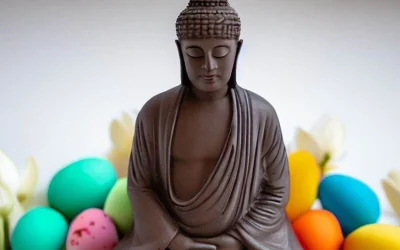Meditation has been practiced for thousands of years. Meditation originally was meant to help deepen understanding of the sacred and mystical forces of life. These days, meditation is commonly used for relaxation and stress reduction. It is considered a type of mind-body complementary medicine and can produce a deep state of relaxation and a tranquil mind.
During meditation, you focus your attention and eliminate the stream of jumbled thoughts that may be crowding your mind and causing stress. This process may result in enhanced physical and emotional well-being. Meditation can give you a sense of calm, peace and balance that can benefit both your emotional well-being and your overall health.
Meditation is an umbrella term for the many ways to achieve a relaxed state of being. There are many types of meditation and relaxation techniques that have meditation components.
Here we have a guided meditation. It is also sometimes called guided imagery or visualization. With this method of meditation you form mental images of places or situations you find relaxing. You try to use as many senses as possible, such as smells, sights, sounds and textures. You may be led through this process by a guide or teacher. Good luck, enjoy, and may this bring you some peace.




